Last week I told you that I’d be giving you a challenge each month to help you move toward healthier eating. This month’s challenge is to find a source for farm fresh eggs. Some of you might be wondering, why farm fresh eggs? What’s the difference? Isn’t an egg an egg?
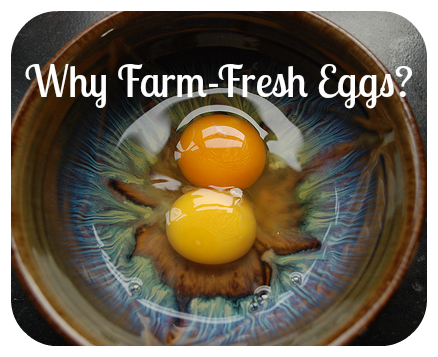
Fresh Eggs vs. Grocery Store Eggs
Have you ever seen the difference between an egg from a pastured hen and an egg from a conventionally raised hen? The external differences really are remarkable. What you’ll notice is that the yolks from the pasteured hen are dark yellow (sometimes closer to orange) and often stand tall. The yolks from the conventionally raised hen are an anemic looking light yellow and much flatter. The differences don’t stop with their appearances…
The eggs you purchase from the grocery store probably aren’t very fresh. Eggs purchased at the store are likely much older than eggs from a local farmer. The USDA requires that eggs be processed within 30 days. After they’ve been processed transporting those eggs to your local grocery store can take even longer. Typically the eggs I purchase are hours or days old, not weeks old!
You may also be surprised to know that eggs from your farmer are much less likely to be infected with salmonella. (Yes, now you can eat cookie dough. Ok, maybe not; cookies don’t fit in so well with healthy eating).
The nutritional differences between the eggs are quite remarkable. Eggs purchased from your local farmer likely have:
- twice as many omega-3 fatty acids
- 2/3 more vitamin A
- 3 times more vitamin E
- 7 times more beta carotene
- 4-6 time more vitamin D
Any Objections?
But I buy brown eggs at the store – The color of the egg you purchase makes no difference. I get varying shades of white, brown, and my son Cameron’s favorite, green. The color of an egg doesn’t change it’s nutrient value. The color of a chicken egg is dependent upon the hen’s breed. If you’re buying brown eggs at the store, they’re likely as anemic as the white eggs that are sitting right next to them.
But I already buy “vegetarian fed” eggs – Nope, that won’t cut it. Chickens aren’t vegetarians. Chickens thrive on a varied diet of worms, grasses, and bugs.
But I buy “organic” eggs – All that means is the chickens weren’t fed any feed with pesticides, hormones, or antibiotics. But these chickens were almost certainly still raised in small unsanitary cages with no access to the good food nature has to offer.
But I buy “cage free” eggs – These hens are usually still living in very cramped quarters in a warehouse. They walk around in waste and must be given antibiotics to prevent disease.
Happy hens that have access to free range, eating a varried diet will give you healthier more nutritious eggs! I can find farm fresh eggs from $2-$3/dozen here (prices vary depending on where you live). It’s a small extra expense for nourishing food.
Find some farm fresh eggs. Not only are they filled with more nutrients, but they are also far tastier!

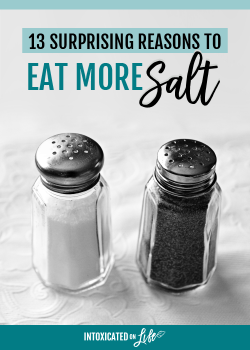
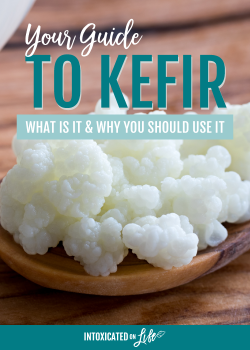
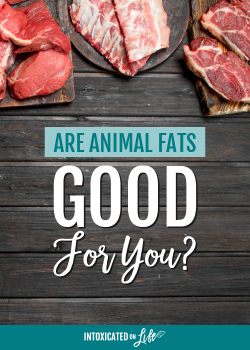
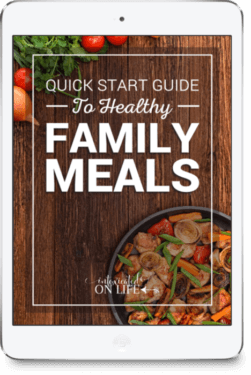


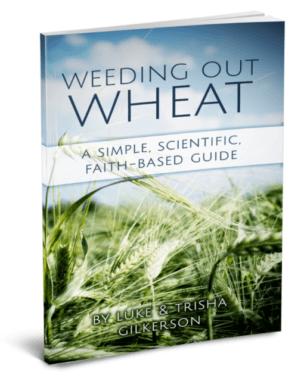
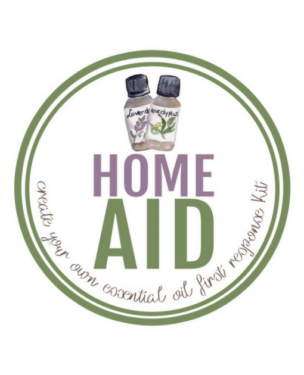

Thank you! CHICKENS ARE NOT VEGETARIANS! Why do so many people think that means healthier eggs? Chickens need the diet that nature designed for THEM.
Amen! 🙂
I like the way you spelled out what each of the buzz words related to eggs/chickens means!
I think it’s interesting! I used to buy the organic eggs because I figured they were better for us…until I did some research. I can purchase eggs from people locally for cheaper than the “free range”, “vegetarian”, or “organic” eggs at the store!
I’m actually surprised that there wasn’t a bigger difference between the eggs in your picture. When I compare the free range eggs we get from our neighbor to even the organic eggs I get at the store, the yolks of the free range are nearly twice as big and much much more rich in color. Yummy!
I find the free range eggs I get this time of year aren’t quite as “hearty” as other times of the year. The yolks aren’t quite as large or quite as dark as other times. I’m assuming that January in Michigan isn’t the peak time for chickens to find worms, bugs, and other things they might eat outside. Still better than what I can buy at the store though!
My farm fresh egg supply dried out for the winter and we miss them! I really did not know all of the differences as you’ve outlined though and I appreciate this information! Thanks!
We have our own chickens and the eggs are SO much tastier and better for you. You’re right, Trisha, in the winter they can not find as much vegetation and insects to get their yolks to that dark yellow/orange color but they still taste better than “fake” eggs (as we like to call store bought eggs). Sometimes I think about not having chickens anymore but we seriously don’t care for store bought eggs anymore.
Oh I know! We have gotten used to great eggs. I had to buy some from the store a couple months back and… ick!
I had no idea
We see a big difference in the eggs that we get from our friends farm and store bought. This week I linked up a Roasted Tomato pasta. I used gluten free noodles and quinoa noodles would be a great pairing as well. This is a great dish to slip in lots of veggies! I usually add in a few more handfuls of spinach than the recipe calls for! YUM!
Thanks for sharing – I’m going to check it out now! 🙂
We recently moved to a farming area, where you can buy almost everything fresh. There is a little house a few minutes from where I live that sells fresh eggs. Haven’t had a chance to try them yet but plan on getting some soon. Thanks for explaining the difference.
That’s fantastic that you live in an area where fresh whole foods are readily available. We have a lovely farmers market in the the warmer months, but this time of year it’s harder to find fresh local foods.